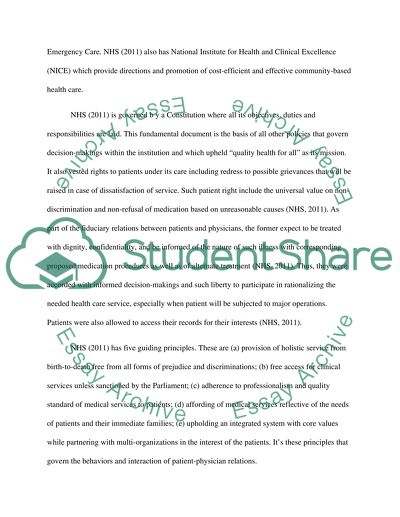Cite this document
(“New Public Management Essay Example | Topics and Well Written Essays - 1250 words”, n.d.)
Retrieved from https://studentshare.org/literature/1427535-new-public-management
Retrieved from https://studentshare.org/literature/1427535-new-public-management
(New Public Management Essay Example | Topics and Well Written Essays - 1250 Words)
https://studentshare.org/literature/1427535-new-public-management.
https://studentshare.org/literature/1427535-new-public-management.
“New Public Management Essay Example | Topics and Well Written Essays - 1250 Words”, n.d. https://studentshare.org/literature/1427535-new-public-management.


